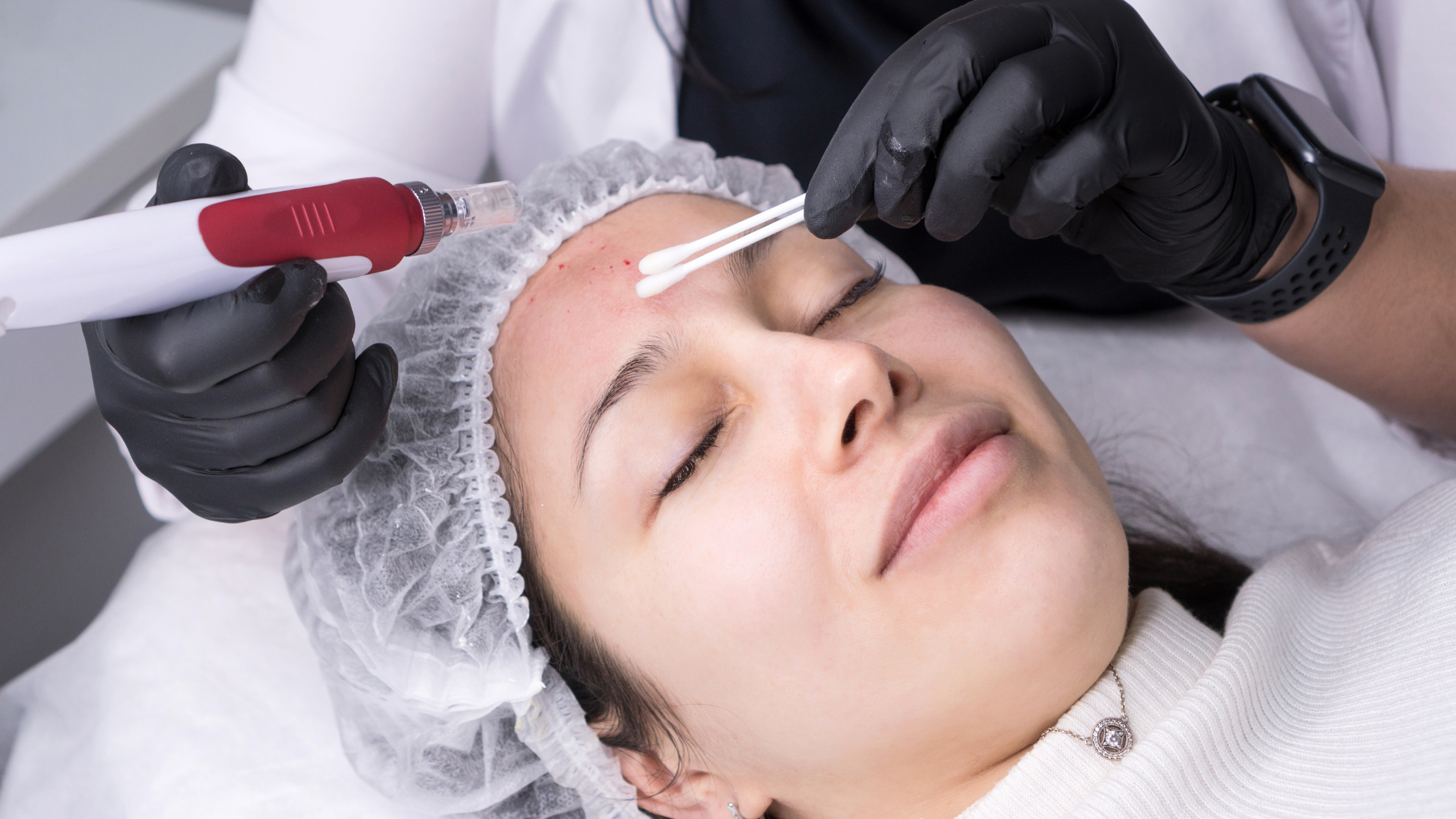The The U.S. Food and Drug Administration (FDA),the drug control body in the United States of America, on October 8, 2021 published an alert against the use of Hyaluron Pen and other similar devices for needle-free implantation of fillers based on hyaluronic acid and other substances because these devices are considered dangerous for the health of patientshttps://www.fda.gov/medical-devices/safety-communications/do-not-use-needle-free-devices-injection-dermal-fillers-fda-safety-communication ).
How does the Hyaluron Pen work?
Hyaluron Pens are needleless injectors that use high pressure to force the input of hyaluronic acid or other substances into the skin.
Why is the Hyaluron Pen not recommended?
As a matter of fact, with the Hyaluron Pen a filler is inserted into the skin, with all the possible complications of an injection, in addition to those of high pressure. In addition, these devices are often used by non-health personnel and are injected with products that are not Medical Devices and therefore do not undergo any security check.
In light of these considerations, the FDA has advised doctors and other professionals in the sector not to use Hyaluron Pen and other needle-free devices for the injection of hyaluronic acid or other fillers on the lips and face in general for the detection of potential permanent damage to the skin, lips and eyes, also inviting both healthcare professionals and patients to report any adverse events.
What are the risks of using Hyaluron Pen?
The risks identified by the FDA are the following:
- risk of chemical contamination of injected substances;
- infectious risk due to microbiological contamination of injected substances;
- risk of transmission of infectious agents between one person and another using the same Hyaluron pen;
- bleeding and hematomas;
- cannulation of an artery with ischemia of the tissues supplied by it and consequent skin necrosis/blindness;
- Scars;
- eye damage due to pressure exerted by the Hyaluron pen;
- formation of granulomas;
- hypo/hyperchromia of the skin;
- allergic reactions.
Some of these complications require immediate medical intervention and can be irreversible and therefore it is even more discouraged to use these devices by non-health personnel.
If you want to have more information, contact our aesthetic medical office in Rome.
Or you could:
- take a look at the other articles
- take advantage of our promotions
- discover our treatments
- see the page on nutrition
- do you need a dental visit?
- find out more about trichology services





